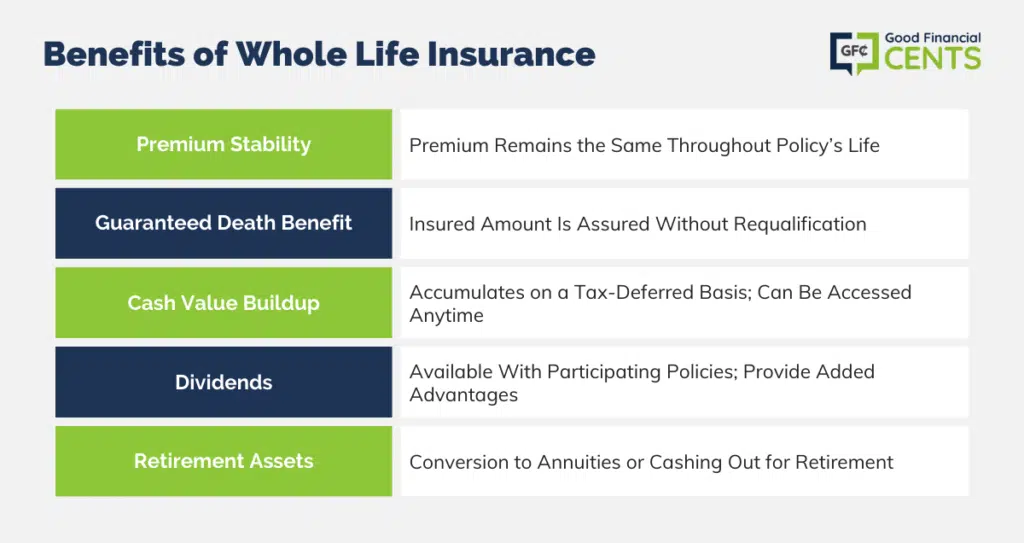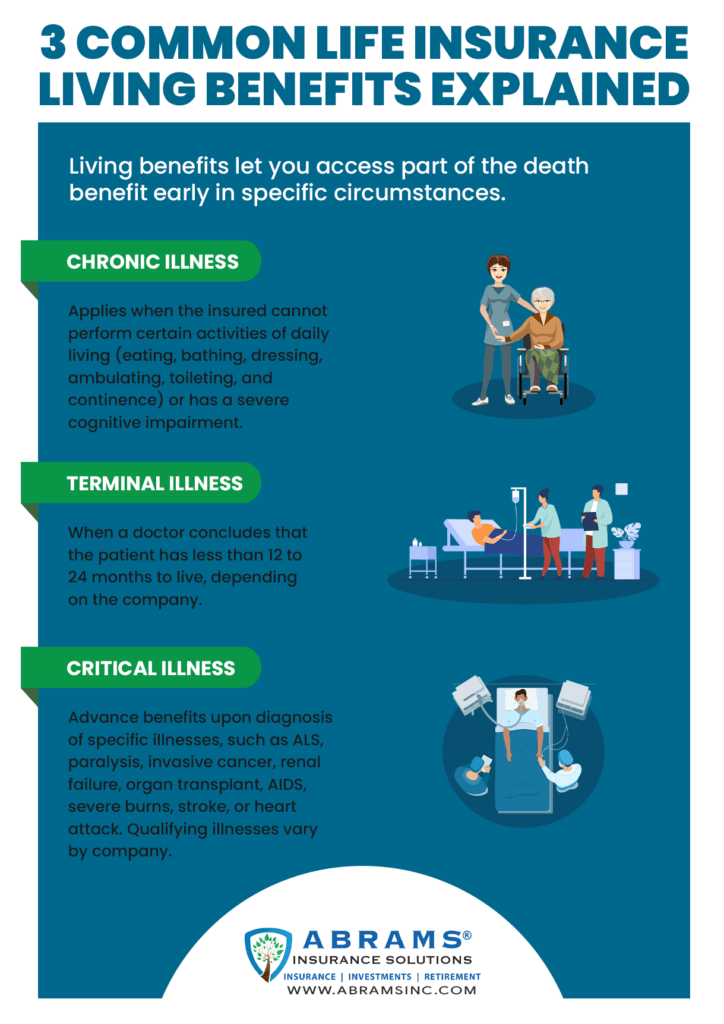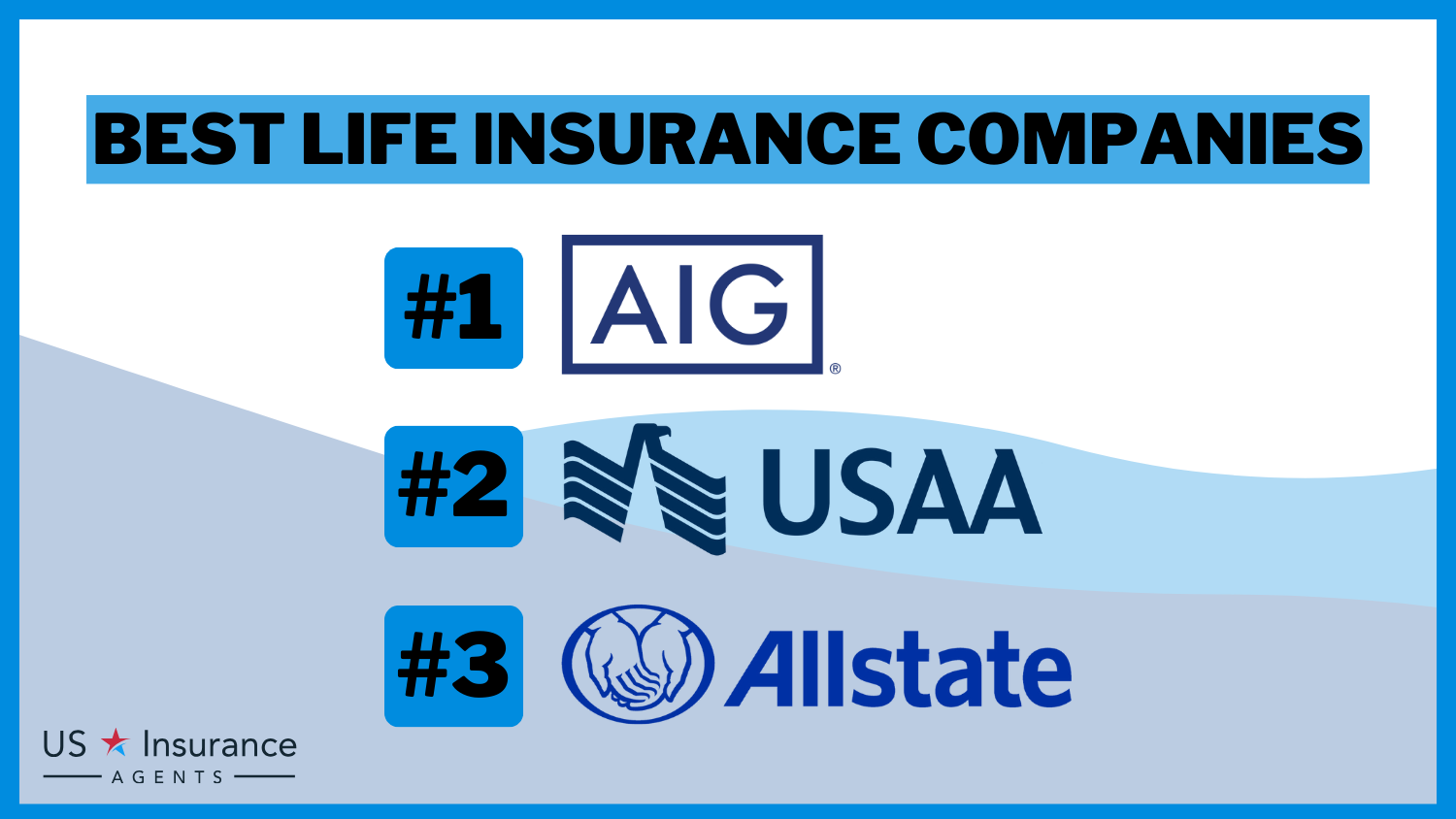Car Accident: Being Sued for Personal Injury
Have you ever been involved in a car accident and are now facing a personal injury lawsuit? It can be an exceptionally stressful and bewildering experience. You may be wondering what to do, how to protect your rights, and what the future holds. This comprehensive guide will provide you with a clear understanding of the process, arming you with the knowledge you need to navigate this challenging situation.
Understanding the Lawsuit
When you’re sued for personal injury after a car accident, it means that the other party involved in the collision is alleging that you caused their injuries and are seeking compensation for their damages. These damages may include medical expenses, lost wages, pain and suffering, and emotional distress. As the defendant in the lawsuit, you have the right to defend yourself against these allegations and present your own account of the events that led to the accident.
The lawsuit will typically begin with a complaint, which is a document filed with the court that outlines the plaintiff’s (the other driver’s) claims against you. You will then have a chance to respond to the complaint by filing an answer. The discovery process will follow, during which both parties exchange information and documents related to the case. This process can be extensive and may involve depositions, interrogatories, and requests for production of documents.
Car Accident Being Sued for Personal Injury
If you’ve been involved in a car accident and are being sued for personal injury, you’re likely feeling overwhelmed and uncertain about what to do. Being sued can be a stressful and intimidating experience, but it’s important to remember that you have rights, and you don’t have to face this alone.
Filing a Lawsuit
The first step in a personal injury lawsuit is for the plaintiff (the person suing you) to file a complaint with the court. The complaint will allege that you were negligent and caused their injuries. The complaint will also specify the damages that the plaintiff is seeking, such as medical expenses, lost wages, and pain and suffering. Read the complaint carefully and make sure you understand the allegations against you.
Once you’ve been served with a complaint, you have a limited amount of time to respond. The response is your chance to present your side of the story. You can admit or deny the allegations in the complaint, and you can also assert any defenses that you may have. Filing a response is a critical step in the lawsuit process, and it’s important to work with an attorney to ensure that your response is filed properly.
After you’ve filed your response, the discovery process will begin. During discovery, both sides will exchange information and documents related to the case. You may be asked to provide your medical records, employment records, and other documents. You may also be asked to give a deposition, which is a sworn statement given under oath. Discovery can be a lengthy process, but it’s an important part of the lawsuit because it allows both sides to gather the information they need to prepare for trial.
If the case cannot be settled before trial, it will proceed to a trial before a judge or jury. At trial, both sides will present their evidence and arguments to the jury. The jury will then decide whether you are liable for the plaintiff’s injuries and, if so, the amount of damages that you should pay.
Car Accident Being Sued for Personal Injury
If you have been involved in an auto accident, you may face a personal injury lawsuit. Dealing with the legal process can be overwhelming, but understanding your rights and responsibilities can help you navigate the situation. Here’s a comprehensive guide to assist you.
Responding to the Lawsuit
Upon being served with a complaint, you have a limited amount of time to respond. Your response, known as an answer, should outline your legal defenses. You may also choose to file a counterclaim, asserting your own claims for damages against the plaintiff.
Crafting a well-drafted answer is crucial. It should be clear, concise, and legally sound. In your answer, you can admit or deny the allegations made against you, raise affirmative defenses (such as contributory negligence), and assert any applicable legal theories.
You may consider seeking legal counsel to guide you through the process of responding to the lawsuit. An attorney can help you understand the legal nuances, protect your rights, and ensure that your response is filed properly and timely.
Car Accident Being Sued for Personal Injury
After a car accident, you may find yourself facing a personal injury lawsuit. This can be a stressful and confusing time, but it’s important to understand your rights and options. If you’ve been injured in a car accident and are being sued, here are some things you need to know about the legal process.
Discovery Process
One of the first steps in a personal injury lawsuit is the discovery process. This is where both parties exchange information and evidence to build their cases. This process can include depositions, interrogatories, and document requests.
Depositions are sworn statements given by witnesses under oath. Interrogatories are written questions that must be answered under oath. Document requests are requests for documents that are relevant to the case.
The discovery process can be a lengthy and expensive process. However, it’s an important part of building a strong case. The information gathered during discovery can be used to negotiate a settlement or to prepare for trial.
If you’re being sued for personal injury, it’s important to have an attorney represent you during the discovery process. An attorney can help you protect your rights and ensure that you’re treated fairly.
Mediation
Once the discovery process is complete, the parties may participate in mediation. Mediation is a form of alternative dispute resolution where a neutral third party helps the parties reach a settlement.
Mediation is not always successful, but it can be a helpful way to resolve a personal injury lawsuit without going to trial. If mediation is successful, the parties will sign a settlement agreement that resolves the case.
Trial
If mediation is not successful, the case will go to trial. A trial is a formal proceeding where a judge or jury will hear evidence and decide the outcome of the case.
Trials can be lengthy and expensive, but they can also be the only way to resolve a personal injury lawsuit. If you’re being sued for personal injury, it’s important to have an attorney represent you at trial.
Car Accident Being Sued for Personal Injury
If you’ve been in a car accident and are being sued for personal injury, it’s important to understand your rights and options. Being sued after a car accident can be a stressful and confusing experience. You may be wondering what to do next and how to protect your rights. This article will provide you with some helpful information about what to do if you’re being sued for personal injury after a car accident.
Preserving Evidence
One of the most important things you can do if you’re being sued for personal injury is to preserve all of the evidence related to the accident. This includes any medical records, police reports, and witness statements. You should also take photos of the accident scene and your injuries. The more evidence you have, the better prepared you’ll be to defend yourself against the lawsuit.
Contacting An Attorney
It’s also important to contact an attorney as soon as possible. An experienced attorney can help you understand your rights and options. They can also represent you in court and negotiate a settlement with the other side. Getting an attorney is one of the best decisions you can make after an accident that wasn’t your fault.
Settlement Negotiations
Many personal injury cases are settled out of court through negotiations between the parties’ attorneys. This can be a good option if you’re able to reach a fair settlement with the other side. However, it’s important to remember that you’re not obligated to accept a settlement offer. If you’re not satisfied with the offer, you can always take your case to trial.
Trial
If you’re unable to reach a settlement with the other side, your case may go to trial. This is a more formal process than settlement negotiations, and it can be more expensive and time-consuming. However, it’s also an opportunity to present your case to a judge or jury and seek a favorable verdict. Going to trail should be one of the final decisions you make.
Conclusion
Being sued for personal injury after a car accident can be a difficult experience. However, it’s important to remember that you have rights. By preserving evidence, contacting an attorney, and understanding your options, you can protect your rights and get the compensation you deserve.
Car Accident and Being Sued for Personal Injury
Getting into a car accident is a traumatic experience, and things can become even more stressful if you’re sued for personal injury. Navigating the legal process can be overwhelming, but understanding your rights and options can help you make informed decisions. Here’s a comprehensive guide to help you understand what being sued for personal injury after a car accident entails:
Negotiating a Settlement
After an accident, the first step is typically to negotiate a settlement with the other party’s insurance company. Your attorney will gather evidence, determine the extent of your injuries, and calculate your damages. Negotiations can take time, but reaching a settlement can avoid the need for a trial.
Filing a Lawsuit
If a settlement cannot be reached, you may need to file a lawsuit. The complaint will outline your claims, including the injuries you sustained and the damages you seek. The other party will then have the opportunity to respond to the lawsuit, and the legal process will continue.
Trial
If a settlement cannot be reached, the case will go to trial, where a judge or jury will determine liability and damages. The trial process can be lengthy and complex, but your attorney will guide you through each step and advocate for your rights.
Insurance Coverage
In most cases, your auto insurance policy will provide coverage for personal injury claims. However, there are limits to coverage, and you may need to obtain additional insurance or seek compensation from the other party or their insurance company if your damages exceed your policy limits.
Damages
In a personal injury case, you can seek damages to compensate you for your injuries and losses. These damages can include medical expenses, lost wages, pain and suffering, emotional distress, and future expenses related to your injuries. Your attorney will work to maximize the amount of damages you recover.
Statute of Limitations
Each state has a statute of limitations for personal injury claims. This is the deadline by which you must file a lawsuit or risk losing your right to do so. It’s essential to contact an attorney as soon as possible after an accident to ensure that you meet the statute of limitations.
Car Accident Being Sued for Personal Injury: A Comprehensive Guide to Legal Proceedings
In the aftermath of a car accident, navigating the legal complexities of a personal injury lawsuit can be daunting. If you’ve been sued or are considering suing, understanding the process is crucial. Here’s a comprehensive guide to help you through the legal maze.
Appeals
Either party can appeal the verdict if they believe there were legal errors during the trial. The appeals process involves filing a notice of appeal and submitting arguments to a higher court. The appellate court will review the record of the trial and determine if there were any errors that warrant overturning the verdict. This process can be lengthy and complex, but it can be a crucial step for obtaining justice.
Settlement Negotiations
Most personal injury cases don’t go to trial. Instead, they’re settled out of court through negotiations between the plaintiff and the defendant’s insurance company. Settlements can be a quicker and less expensive way to resolve the case, but it’s important to weigh the pros and cons carefully before agreeing to a settlement.
Insurance Coverage
In most cases, the at-fault driver’s insurance will cover the damages sustained in a car accident. However, there are certain situations where insurance coverage may be denied or insufficient. Understanding your insurance policy and the potential coverage limitations is vital for maximizing your recovery.
Damages and Compensation
In a personal injury lawsuit, the plaintiff can seek compensation for a wide range of damages, including medical expenses, lost wages, pain and suffering, and emotional distress. Calculating damages can be complex, and it’s essential to have an experienced attorney to help you determine the fair value of your claim.
Legal Representation
Navigating the legal process alone can be overwhelming. Hiring an experienced personal injury attorney is highly recommended. An attorney can provide guidance, protect your rights, and fight for your best interests throughout the legal process.
Car Accident Being Sued For Personal Injury
Being involved in a car accident is stressful enough. But what happens when you’re sued for personal injury after the accident? Getting sued can be a daunting experience, but understanding your rights and the legal process can help you navigate this difficult time.
If you’ve been sued for personal injury after a car accident, it is crucial to seek legal advice as soon as possible. An attorney can help you understand the lawsuit, your rights, and the best course of action. An attorney can also represent you in court and negotiate with the other party on your behalf.
Insurance Coverage
Your auto insurance policy may provide coverage for personal injury claims. It’s important to notify your insurer promptly after an accident. Your insurer will investigate the claim and determine whether you are liable for the other party’s injuries. If you are found liable, your insurance company will pay the damages up to the limits of your policy.
However, there are some cases where your insurance company may not cover you. For example, if you were driving under the influence of alcohol or drugs, or if you were engaging in reckless behavior, your insurance company may deny your claim.
Statute of Limitations
Each state has a statute of limitations for personal injury claims. This means that there is a certain amount of time after the accident within which you must file a lawsuit. If you fail to file your lawsuit within the statute of limitations, you will lose your right to sue.
The statute of limitations for personal injury claims varies from state to state. In some states, the statute of limitations is two years, while in other states it is three years. It is important to check the statute of limitations in your state to make sure you file your lawsuit on time.
Comparative Negligence
In some states, the doctrine of comparative negligence applies to personal injury claims. This means that even if you are partially at fault for the accident, you may still be able to recover damages from the other party. However, your damages will be reduced by your percentage of fault.
For example, if you are found to be 20% at fault for the accident, your damages will be reduced by 20%. This means that if you were awarded $100,000 in damages, you would only receive $80,000.
Damages
If you are successful in your personal injury lawsuit, you may be awarded damages. Damages can be either compensatory or punitive. Compensatory damages are designed to compensate you for your losses, such as medical expenses, lost wages, and pain and suffering. Punitive damages are designed to punish the other party for their wrongful conduct.
The amount of damages you are awarded will depend on the severity of your injuries and the other party’s fault. In some cases, you may be awarded a large sum of money, while in other cases you may only receive a small amount of money.




Leave a Reply